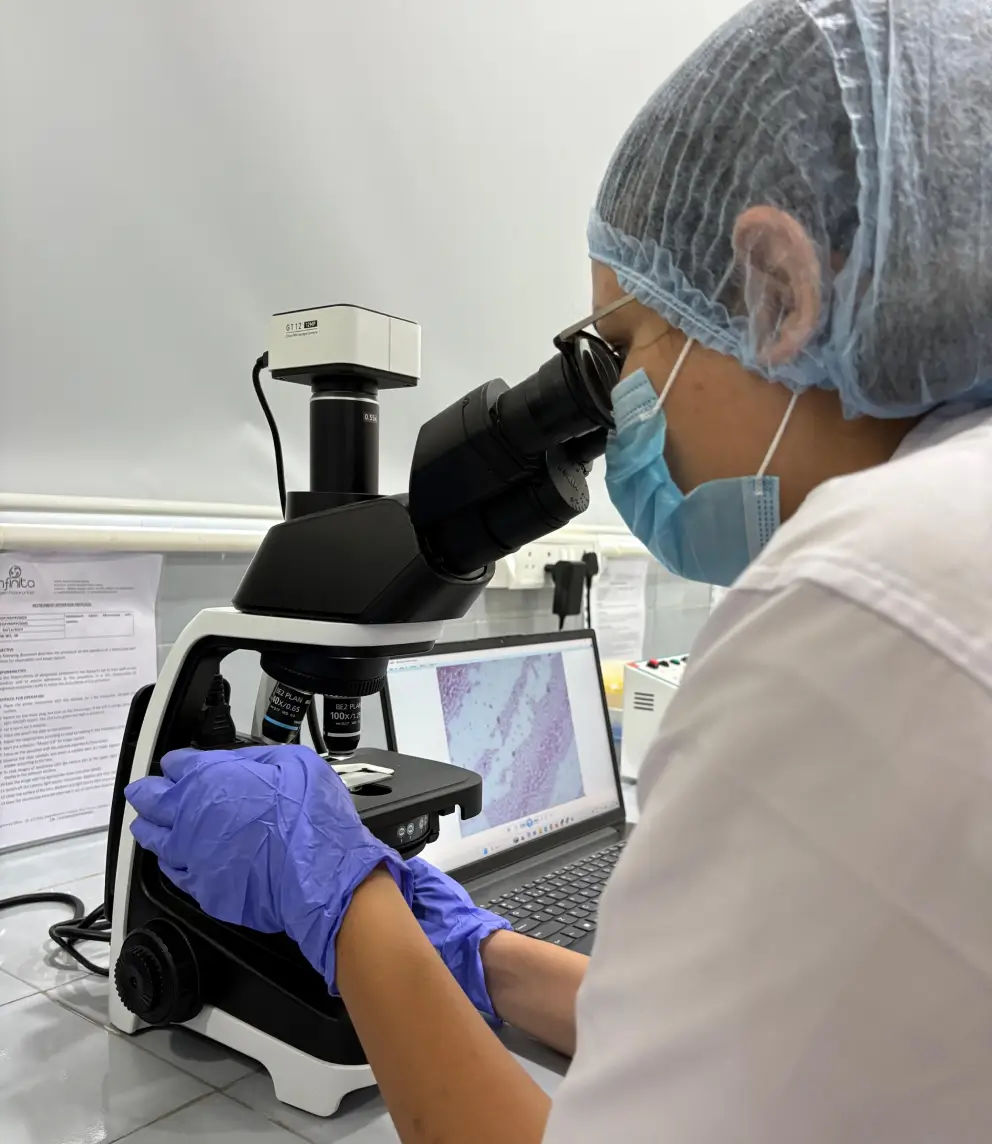Top 5 Industrial Sectors Being Transformed by Enzyme Applications
Enzymes have become a cornerstone of innovation across multiple industries, offering sustainable, efficient, and cost-effective solutions for complex processes. Industrial enzymes are a biologically derived catalyst that accelerates chemical reactions, enabling...







